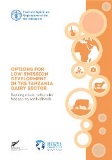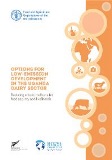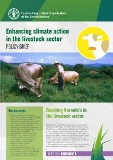África oriental
La ganadería es un sector económico clave y una de las principales fuentes de ingresos de los pequeños agricultores y pastores de África oriental, ya que representa alrededor del 26 % del PIB agrícola. Aquí, la ganadería no solo proporciona seguridad alimentaria, ingresos y empleo, sino que también está asociada a valores culturales, sociales y religiosos. En conjunto, Etiopía, Kenya, Tanzanía y Uganda poseen casi el 40 % de la cabaña ganadera total de África, que cuenta con más de 120 millones de animales y es la mayor de la región. En África Oriental, el ganado lechero produce aproximadamente 11 millones de toneladas de leche al año y se distribuye en una superficie de más de 118 millones de hectáreas. El consumo de leche varía mucho entre los países de África oriental, pero la leche representa por término medio el 80 % del suministro total de alimentos de origen animal.










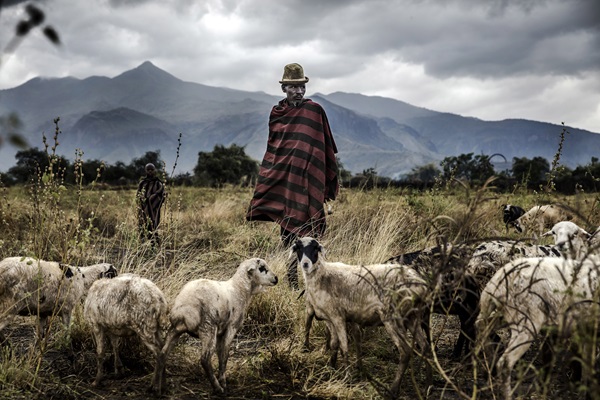

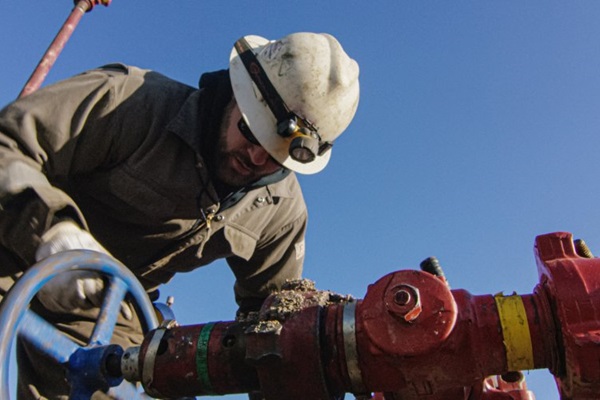

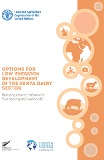
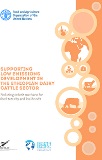
.tmb-th600x450.jpg?Culture=es&sfvrsn=d1641d27_3)
